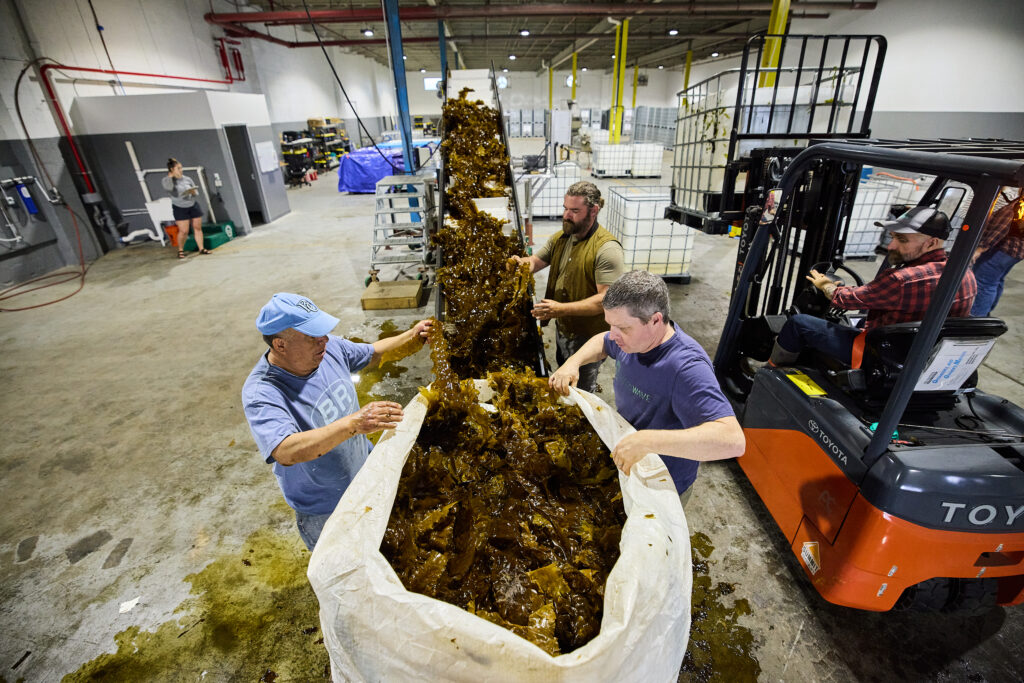Back to: Build Your Business
When you’re starting out, you’ll need to determine whether you should get insurance for your business and, if so, which type(s). Some states, such as Alaska, require farmers to show proof of liability insurance before issuing them an aquatic farm lease. In states where there is no legal requirement, this is a purely business decision. Here are some types of coverage you may want to consider for your farm business:

Commercial General Liability (CGL)
CGL is considered comprehensive business insurance and covers any harm caused to others as a result of your business activities or products you sold. CGL coverage may include:
- Premises liability, for your office/warehouse
- Products liability, for your seaweed and seafood products sold to the public
- Hired and non-owned auto liability, if you have staff or volunteers who drive a vehicle on behalf of your company and you don’t have a commercial auto policy
- Employee benefits liability (EBL), which covers errors and omissions regarding administration of employee benefits
- Damage to Rented Premises liability
Boat Insurance
Your boat is likely the biggest asset on your farm; it’s a good idea to insure it. Protection and indemnity (P&I) insurance is a common type of boat insurance that typically covers:
- Damage to third party property or third party bodily injury—protection from liability resulting from the operation of your vessel (for example, if you hit another boat, person, or property and are at fault).
- Damage to your boat or equipment.
- Medical expenses as a result of injury to your crew or employees (you may also need workers’ compensation insurance and/or Maritime Employers Liability coverage and should clarify your policy coverage with an insurance agent).
Property Insurance
This coverage isn’t necessary for most farmers, but you should consider it if you operate a processing facility or have other properties tied to your business. Coverage varies and can include insurance for: building, contents, property in transit, equipment breakdown, personal property of others, spoilage, business income interruption, and extra expenses.